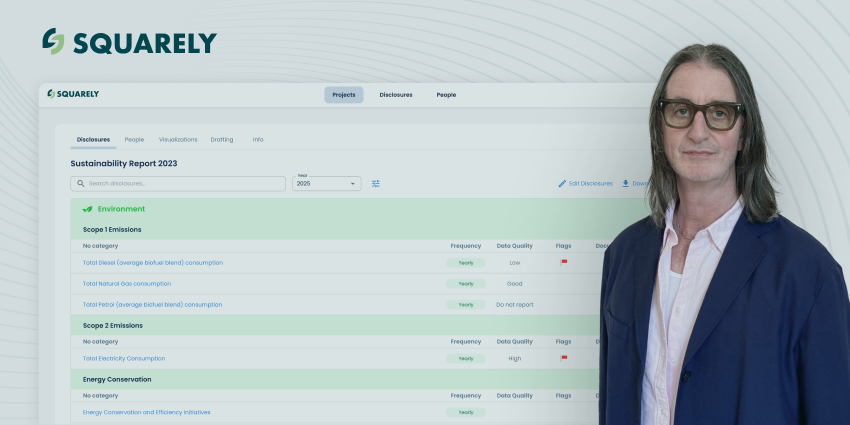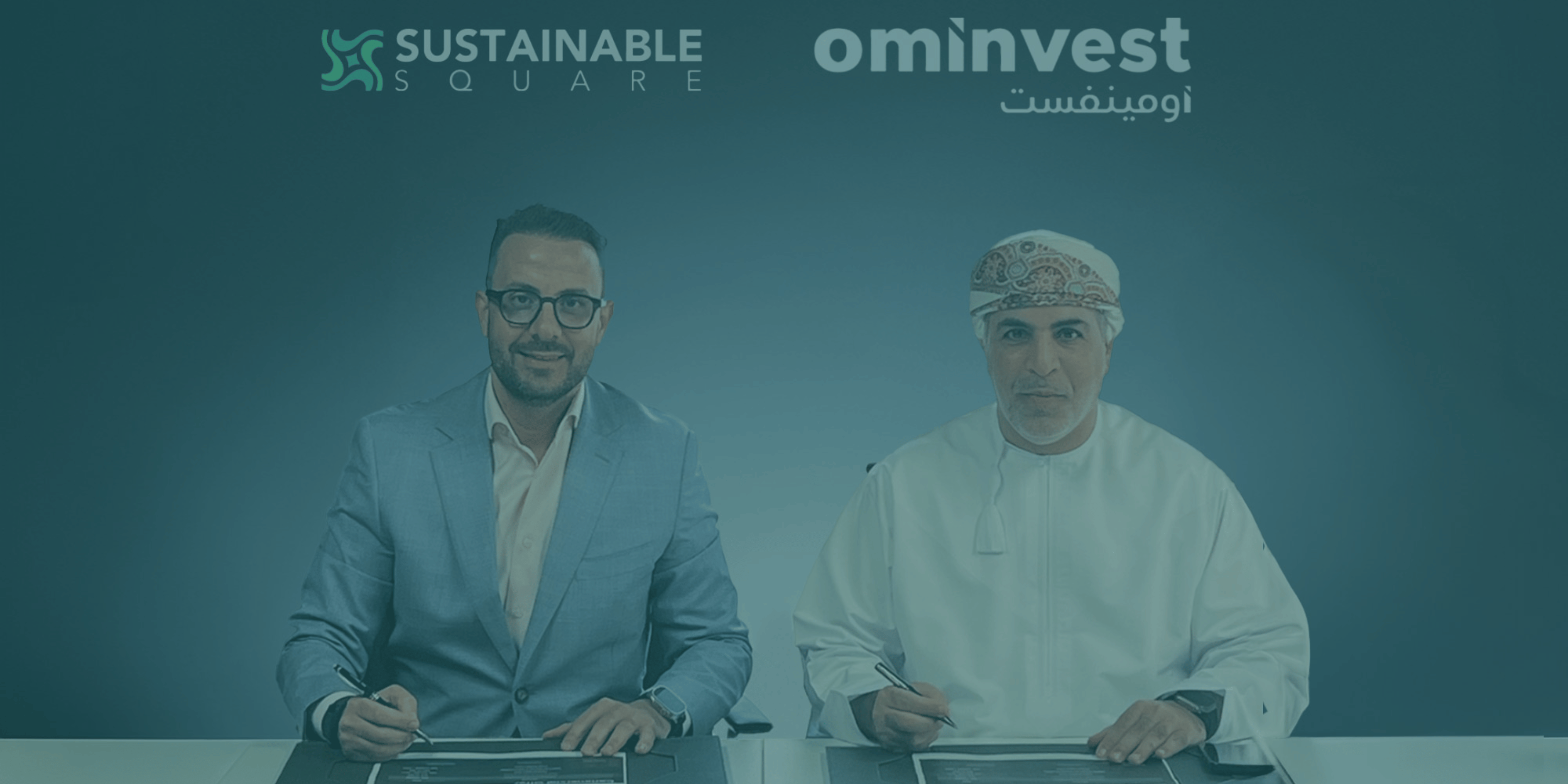SDGs PROGRESS IN EUROPE | A CALL FOR FOCUS ON THE SDG 10: ‘REDUCED INEQUALITIES’
Historically, the primary reason for forming the European Union (EU) was to maintain peace and create synergies between neighbouring countries. Today, 28 countries are part of the EU and the organisation has shifted its focus towards matters concerning economics and control. The growing number of state-members, as well as ever-present cultural differences, have resulted in a lack of understanding from the EU regarding the nations’ economic peculiarities, which has inevitably resulted in growing inequality.
In 2015, when the 17 United Nations Sustainable Development Goals (SDGs) of the 2030 Agenda were approved, the EU was the first entity to adopt them as guidelines for policies and legislation. At first, EU and member states worked hand in hand to achieve a successful implementation of the SDGs. The EU Sustainable Development Strategy, the EU 2020 Strategy, and the EU’s Better Regulation Agenda are three examples of this attempt to lead in sustainable development. Nonetheless, today’s growing power of nationalism around Europe presents a challenge in achieving these goals, due to a shift in focus regarding national issues. These movements have been spreading out in Europe as an easy way to overcome the economic crisis and try to re-establish the previous state of European wellbeing and stability. Where these movements have gained power, public capitals are being directed towards in-country related issues such as short-term solutions to fulfil their promises. This trend is having a huge impact on progress towards the SDGs on a global scale.
The SDGs progress report of the EU shows a moderate regression from the sustainable development objectives of the SDG 10 ‘reduced inequalities’ over the past five years. On the other hand, over the same period, progress appears to have been stronger towards the SDG 3 ‘good health and well-being’, followed by the SDG 4 ‘quality education’ and the SDG 7 ‘affordable and clean energy’.
SDG 10: “Reduce inequalities within and among countries. It calls for nations to reduce inequalities in income, as well as those based on age, sex, disability, race, ethnicity, origin, religion or economic or other status within a country. The Goal also addresses inequalities among countries, including those related to representation, and calls for the facilitation of orderly and safe migration and mobility of people.”
Where the private sector is more involved as health, education, energy, production or urban development, the progress toward the SDGs is accelerating. Meanwhile, topics such as reducing inequality, providing access to safe and enough food or protecting biodiversity, where privates are less involved, have experienced much slower, if not regressive progress.
The private sector is naturally more inclined to direct its investments towards innovations which will increase their profit. However, if innovations are driven by one of the 17 SDGs, an economic return and a benefit for the society and the environment are attainable. Companies need to start seeing the SDGs as an investment opportunity. Indeed, creating different products or services that target different levels of society (i.e. lower income households) and territories, is in itself an expansion of the business and at the same time, a contribution to a more prosperous society. Even if the implementation of the SDGs seem to be the task of public entities, an increase in companies’ investments aligned with the SDGs is essential to achieving these goals by 2030.
As Achim Steiner, the United Nations Development Programme (UNDP) Administrator, stated during the UN General Assembly on September 25th:
We all know that achieving the SDGs will create a world that is more sustainable, equitable, and ultimately more prosperous. In order to get there, investors must adapt and transform their strategies to deliver not only financial results, but social and environmental ones as well.
The EU, as a supranational entity with guidelines and control scopes, has the power to help governments and companies target priorities. As we have seen, today more effort is needed toward the SDG 10 ‘reduced inequalities’ and so governments and companies need to start focusing more on how to target this goal and adjust the current shortfallings.



